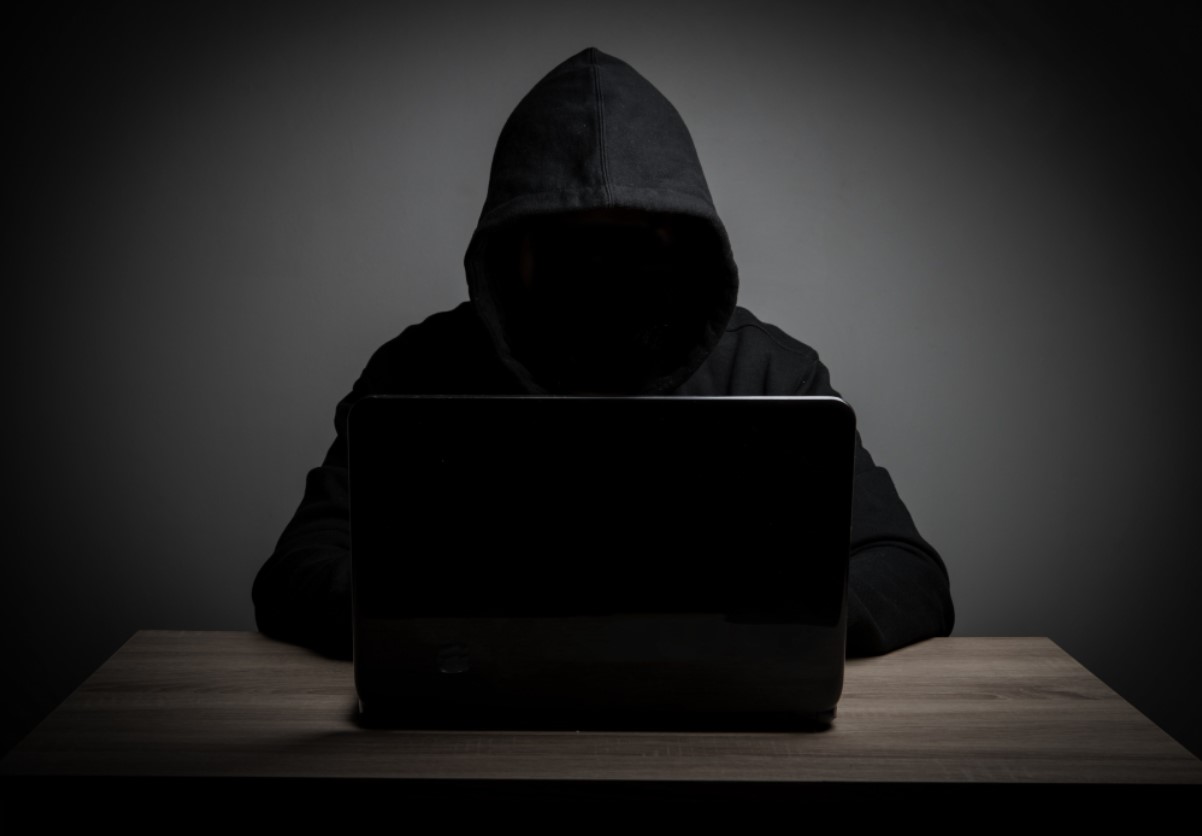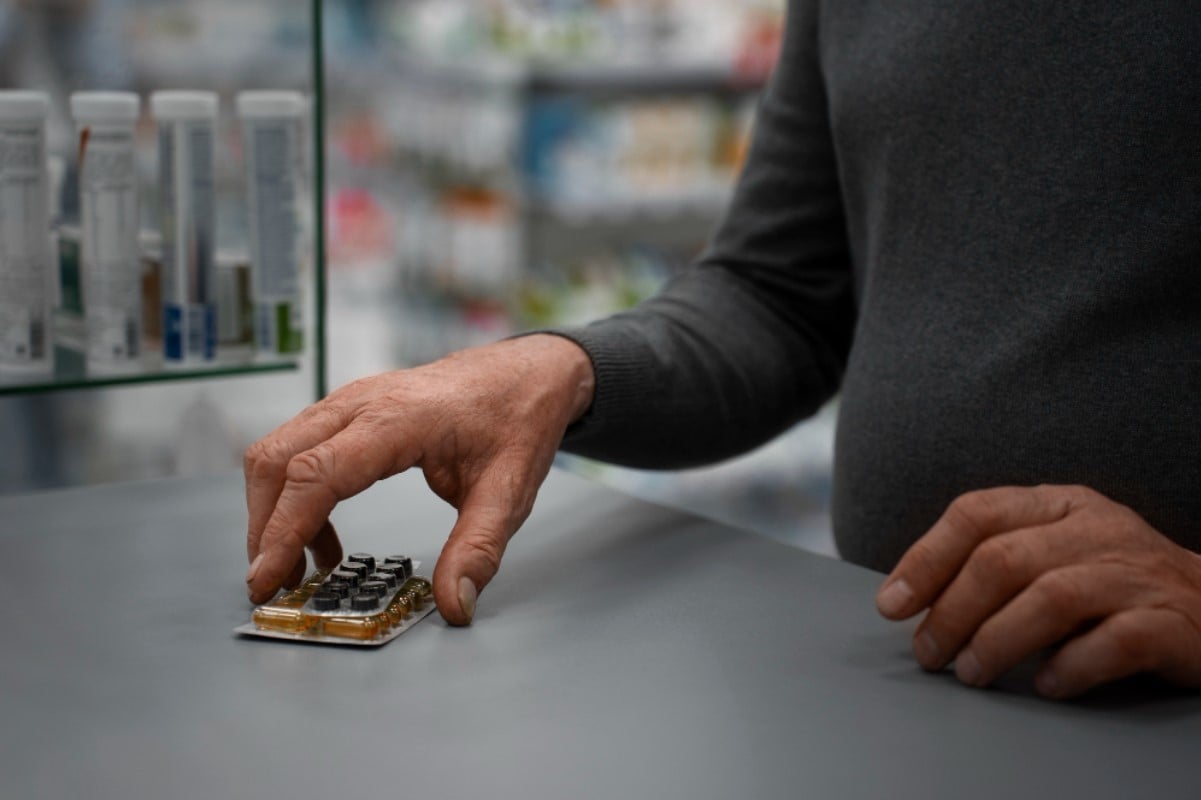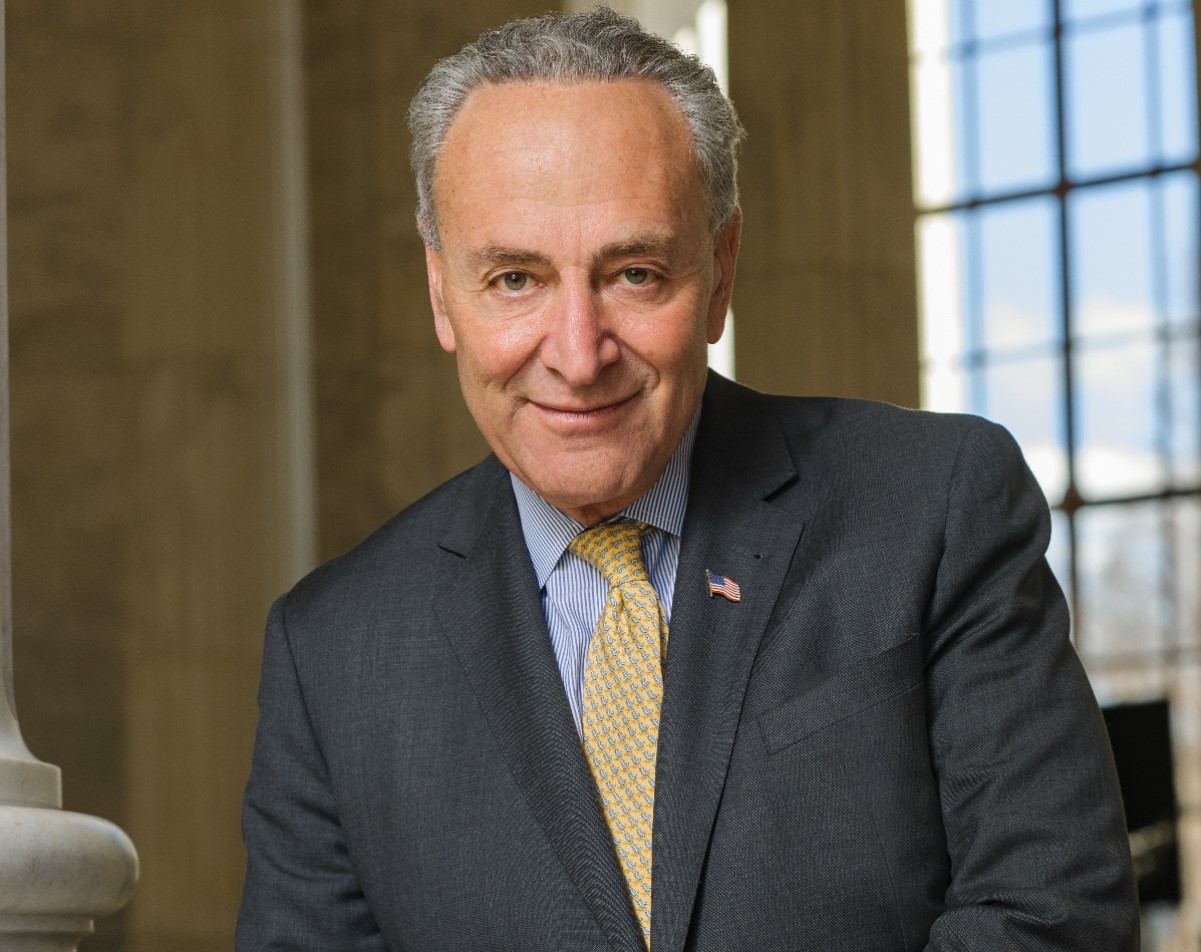Operations at one of America’s largest health care insurance companies have halted in the wake of a devastating cyberattack last month.
Now, many Americans are being forced to pay thousands of dollars for medication that would typically be covered by insurance — or go without.
BlackCat Attack Change Healthcare

In February, a hacker group known as BlackCat was behind the extensive cyberattack on Change Healthcare, per CNBC.
The company is a subsidiary of UnitedHealth Group, which processes a large portion of America’s health insurance claims and payments.
Change Healthcare’s Operations Greatly Affected by the Hackers

On average, Change Healthcare processes a staggering 15 billion claims yearly, amounting to around $1.5 trillion.
However, after the BlackCat attack, the insurance company’s operations came to a halt, with many services going offline, according to the The Daily Mail.
Americans Struggle to Obtain Prescriptions

In the wake of the cyberattack, pharmacies have been unable to process insurance payments.
So, desperate Americans have been forced to pay thousands of dollars for medication that would typically be covered by their health insurance.
Impact of the Hack Felt Across the Nation

The hack’s effect on prescription medication has led several hospital groups to look to the federal government for assistance.
They are asking the government to accelerate payments to ensure pharmacies, doctors’ offices, and health care providers can bill their patients and thus issue medication.
Short-Term Financial Assistance

Change Healthcare has launched a temporary funding program to help speed up the process. However, it is only available for a small number of hospitals.
The payment program is offered through Optum Financial Services, which released a statement saying, “We have been able to estimate your average weekly payments, which will be the basis for the support” (via The Daily Mail).
American Hospital Association Slam Program

While the financial assistance will undoubtedly help Americans who are currently struggling to obtain potentially lifesaving medication, the American Hospital Association has slammed the program.
The AHA, which represents close to 5,000 health care systems, argues Change Healthcare’s program only helps an “exceedingly small” number of health care providers.
National Hospital Crisis

In a statement, the AHA alludes to the idea that for each day Change Healthcare operations remain down, the U.S. inches closer to a national health crisis.
“Every day that core Change Healthcare functionality remains down is a day that providers are not receiving the funding they need to pay doctors and nurses, purchase medical supplies, and keep complex facilities open to provide 24/7 patient care,” they said (via The Daily Mail).
Democrats on Board With Issuing Payments to Hospitals

Democratic leaders have since revealed they will do what they can to ensure the federal government provides financial assistance during this turbulent period.
According to Senate Majority Leader Chuck Schumer, “We need to give our hospitals the immediate relief they need so that they won’t be forced to reduce patient care” (via Senate Democrats).
Patients Frustrated with Expensive Payments

Hundreds of patients now find themselves in a difficult position, and many are paying exorbitant fees for medication that typically costs several dollars.
People like Olivia Cotrane of Seattle say that since the hack, she’s had to pay a markup of over 3000% for generic Vyvanse, per NBC News.
Diabetic Patient Struggles to Obtain Insulin

Speaking with NBC News, Ronda Miller revealed her husband heavily relies on a discount card to afford his lifesaving insulin. However, after the cyberattack, the card could not be processed.
“When you are diabetic, whether it’s Type 1 or Type 2, without insulin, they’re going to die,” Miller said.
United Heath Working to Get Operations Up and Running

As it stands, UnitedHealth Group has not revealed any indication of when its operations will be fully functioning again.
However, Vice President Tyler Mason said, “We are focused on the investigation and restoring operations at Change.”








































